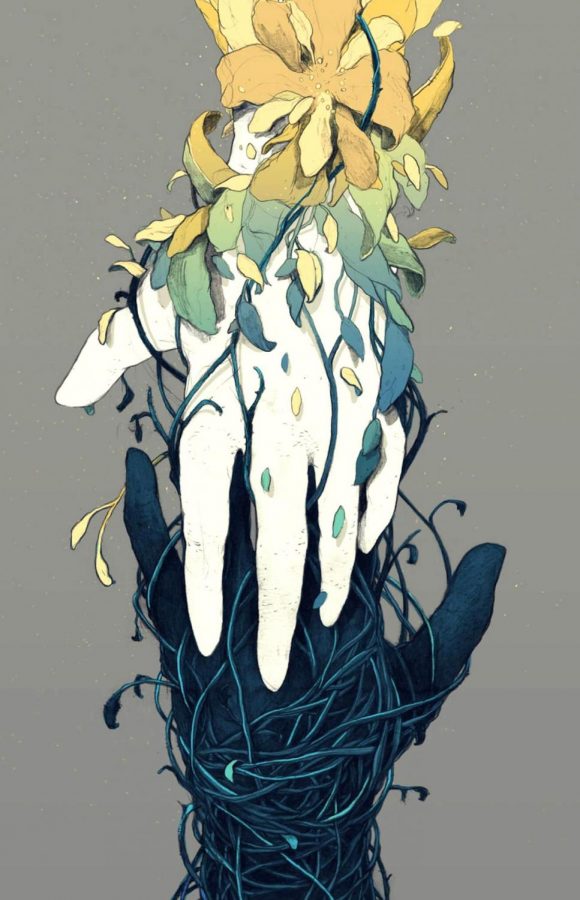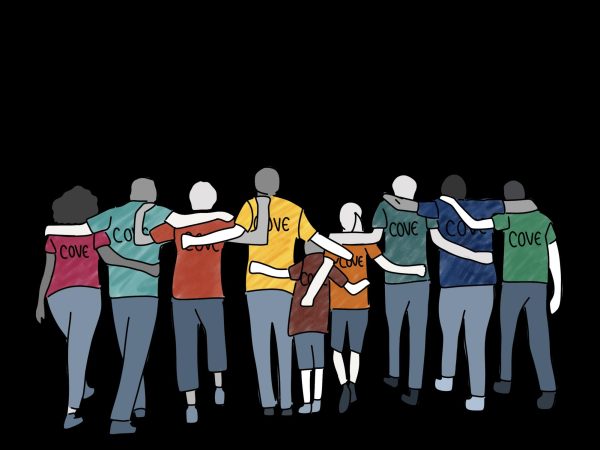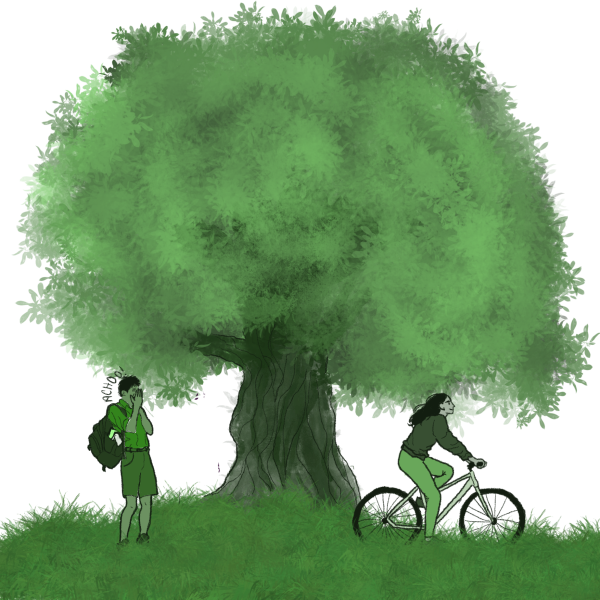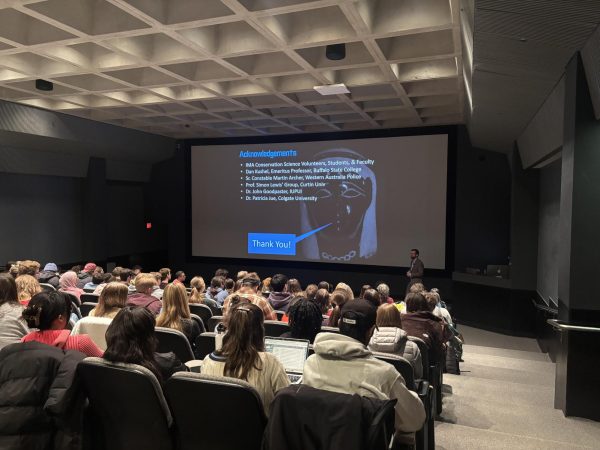Get Used to Giving Up Control
You might not consider yourself as someone who likes control.
Whether you’re aggressively type A or consider yourself the ultimate free spirit, the vast majority of us, if not all, want to have a sense of security in our external environments. Even if that control manifests in your privilege to roam freely and have the opportunity to do as you please — you don’t have that now.
As quarantine continues, I’ve found that I’ve picked up hobbies that make my day-to-day life enjoyable. But when I think or talk to my friends about the terrifying “what-ifs” and uncertainties about the upcoming semester and beyond, I feel plagued with anxiety. What if we all get sent home? Or if someone I’m living with gets sick and I have to quarantine? What if I end up really sick, or hospitalized? I know I’m not the only one with these concerns. Most of us have never lived with this much lack of control –– we’ve never been so in the dark about how the near future may play out.
Before quarantine, I couldn’t tell you the last time I chose to spend a whole day in my house. So when the pandemic hit, I felt out of touch with myself adjusting to a lifestyle where I couldn’t choose to take a walk on the beach or spend a day in the mountains. I never realized how my form of stability manifested in my opportunities to choose any activity to take up, person to see, or place to go. I had gotten comfortable living with these privileges of freedom.
As a result, I saw myself and others around me latching onto relationships with others or searching for some form of routine or sense of security. Our society, especially those of us lucky enough to be a part of the Colgate community, relies so heavily on each of us being able to dictate the experiences and relationships we have in our day-to-day lives. And many of us have failed to see how unsustainable that mentality is until the pandemic hit.
The coronavirus pandemic has shown us how much we lack control of our environments. So what should we do now?
I do believe, whether it be in the next six months or the next six years, that we will recover from this pandemic. Vaccines seem promising, optimistic reporting says we might even have one by the beginning of 2021. Our economy recovered after the Great Depression, which gives me the impression that we will recover from this recession. We’ll be able to travel and spend time with friends, and enjoy all of our favorite pre-quarantine activities. We’ll slowly regain the same sense of control that we had before, and for some of us, that will mean comfort again. But is that really what we want? Of course, it is easy to find comfort in the assumption that things once again will return to normal. But I would rather not use promises of what the future could hold as a way to keep a strong morale. As this pandemic has shown us, we have no guarantees when it comes to how things could be.
In the slowed-down, restricted version of my life I’ve been living since March, I’ve been learning to give up the necessity for control of what’s happening in the environment around me. That means no longer fantasizing about “ideal” circumstances, and refraining from spiraling into a toxic “if only” thought process. By not keeping an anxious eye on what could happen next or wallowing in nostalgia about the pre-coronavirus era, I’ve been more present and grounded in my daily activities. This means not wondering where things could go, but rather embracing where they are. This means being more attentive when I’m spending time with my family, directing my focus towards momentary conversations and the sights and people in my immediate surroundings. This means finding new books or podcasts or movies or anything that stimulates my senses and keeps my mind from wondering about the future. This means not wishing for the environment to be just right and redirecting my attention whenever I start to do so. This means less trying to plan ahead and more taking things as they come. That’s just the start. If you can, spend time around people who make you feel connected to the moment you’re in. Steer away from opening up the “what do you think is going to happen” conversation. It’s not an easy route, nor is it a straight shot, but I think it is the most sustainable of thought practices.
We often fail to realize that trying to control our external worlds for inner satisfaction actually puts us as far from control as we could be. We think, when there’s a vaccine, and things can be normal again, then we will feel better. But what are we doing until then? And how are we going to handle the next disruption?
We can keep waiting for that opportunity to regain a false sense of control over our external lives. We can spend our time wishing or trying to plan for or anticipate different outcomes. We can choose to come from a place of reaction. Or we can admit that we have little control over much of what will happen next, and we can choose not to rely on specific circumstances or outcomes but focus on the present. We can choose to be proactive, taking things as they come.
By letting go of the need to have everything pan out perfectly, by learning not to rely on external stability and control to keep us happy, we can get closer to staying sane and content in the events of larger scale, and even smaller scale, catastrophes or the unforeseen. Most importantly, we will learn to not only live for the future, but also exist in the present.
Greta Ferdinand is a senior from Portsmouth, NH concentrating in mathematics with a minor in philosophy. She has previously served as news editor and contributes...










